
Today's guest Top 10 is by Benje Patterson, a senior economist at Infometrics.
As always, we welcome your additions in the comment stream below or via email to david.chaston@interest.co.nz.
And if you're interested in contributing the occasional Top 10 yourself, contact gareth.vaughan@interest.co.nz.
See all previous Top 10s here.
Local body electioneering is in full swing ahead of polling day on 8 October. With knives out between ambitious councillors in even the most mundane of debates and air-brushed billboards of hopeful suitors appearing on buildings, let’s take a look at a selection of serious and light-hearted issues affecting local politics.

1) Is Vic Crone right about taxing empty houses in Auckland?
The Auckland mayoral race has had a distinctly-housing market theme – no surprise when one considers average house prices in our biggest city look set to top $1m shortly. Vic Crone has announced a policy idea of taxing vacant homes to try and help boost the effective housing supply. Although on paper this may sound noble, the policy can run into issues when one thinks of the practicalities of implementation – and even just taxing vacant land is probably a simpler avenue to explore. Of note, a similar policy suggestion to Vic Crone’s in Vancouver has run into its own issues when it comes to the practicalities of implementation.
“The mayor said the city wants access to an estimated 10,000 empty houses in Vancouver, a figure based on data that city staff released in March. But he didn’t say how high he thinks the tax would have to be to persuade those owners to rent out their houses.
Mr. Robertson also did not explain how the tax would work, saying he was waiting for staff to come up with a detailed plan.”
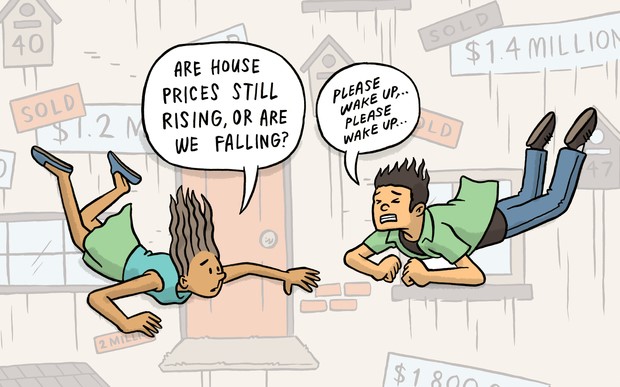
2) Mayoral candidates in upper North Island should take note of skills shortages
There is no doubt that the upper North Island is experiencing a wave of growth at present, both in terms of population and the infrastructure needed for those people. But what often flies under the radar is that there are still skills shortages in many sectors. A recent report commissioned by the Upper North Island Strategic Alliance highlighted key growth opportunities in construction, tourism, and freight and logistics, but cautions that these sectors face skills shortages that need to be addressed. Mayoral candidates would be wise to pay attention to how they plan to liaise with their community and stakeholders on these issues.
“There is a clear risk that not enough people with the right kinds of skills will be available for specific sectors. The forecasts indicate that the overall supply of labour in the Upper North Island will be only slightly higher than demand over the next five years, making it difficult to match the appropriate labour to jobs. There will be periods where demand actually exceeds supply.
“It is crucial that we do all we can to manage the situation going forward so that the Upper North Island, and through it the country, can maximise our economic potential,” said Mr Shepherd.”
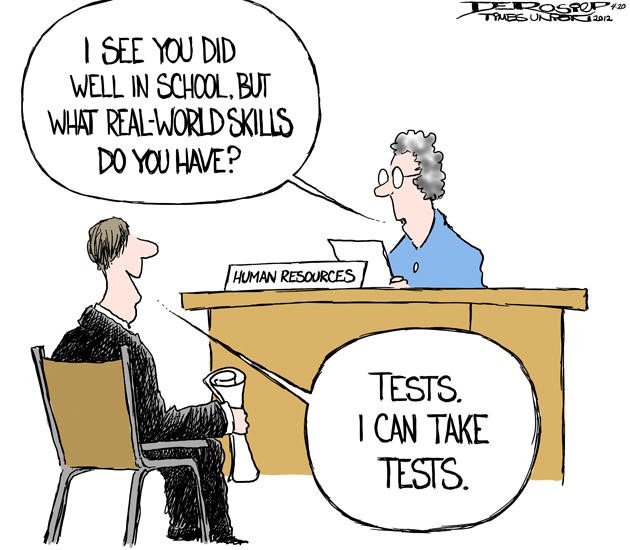
3) Is reintroducing Kiwi to Wellington a sensible campaign platform?
Electioneering in Wellington is pretty crowded at present, with six mayoral candidates having so far raised their hand. Most debate thus far has focussed on sensible issues like infrastructure and traffic management, which need strong leadership and significant long-term investment to be solved once and for all. However, some policy suggestions have begun to turn a little silly, with one candidate pledging to return Kiwi to Wellington’s town belt. For me, the real issue with such a policy is that it requires comprehensive pest control across a porous urban environment, which would be an inefficient use of scarce conservation money compared to similar initiatives in a more controlled environment. Special points must be given to mayoral aspirant Nicola Young’s humorous response to the policy.
“Lester's kiwi plan is a is a "bird-brained idea" and shows he is out of touch with Wellingtonians' big concerns, like "rocketing" rates bills. "First he wanted pandas, now it's kiwi; will moa be next?"
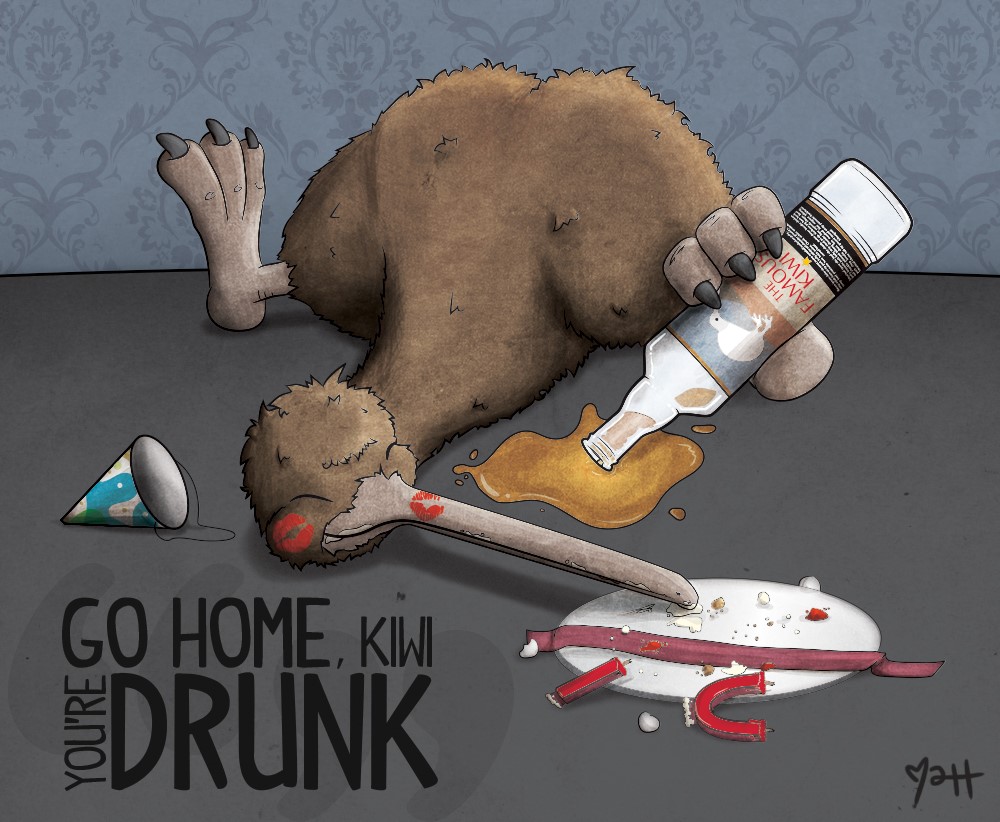
4) Social infrastructure is a challenging (and expensive) issue for local authorities
Social infrastructure has been a big topic in New Zealand over recent years, particularly with the controversies and delays surrounding the Auckland and Christchurch convention centres. Funding issues for social infrastructure are not just a concern for big cities though – Marlborough District Council has faced challenges with ensuring Blenheim’s new ASB Theatre remains on a stable financial footing. The challenge with these types of projects is that the commercial return is generally not high enough to cover costs, but the investment can still be worthwhile if there are significant social benefits that accrue to the community. No matter where you sit on this type of debate, I think Marlborough’s Mayor Alistair Sowman summed up his challenge well:
“The council supported the sports stadium, playing fields and swimming pools, but discriminating against the theatre was "inverse snobbery".
"When the project began I gave the trust my full support. If I had not done that we wouldn't have a theatre today.
"Council knew the project was going to be challenging. They could see the level of support from the community. They decided it would be a community facility loved by future generations.
"It takes courage making tough decisions. It's easy to get wobbly. I stick with the theatre, I believe in it."

5) Inequality issues particularly acute in Queenstown-Lakes District
Queenstown-Lakes District is an area divided, not just in terms of the geographical locations of its main mayoral candidates in Queenstown and Wanaka, but also in terms of the void between “the haves” and the “have nots”. Queenstown’s tourism sector is propelled by a low-cost workforce, but increasingly the issue of housing affordability is giving employers headaches when it comes to staff attraction and retention. Mayoral aspirants in this fast growing district will need to bring these acute equality issues to the centre of their campaign – an unenviable challenge that most local authorities don’t ever have to face.
“Queenstown Lakes Community Housing Trust executive officer Julie Scott agreed the situation had reached crisis level, in spite of Social Housing Minister Paula Bennett saying recently she disagreed with the use of the term to describe the situation in Queenstown - or nationally.
"There's definitely a crisis down here", Ms Scott said. "The people who are getting kicked out of their rental properties, with jobs, young kids and nowhere else to go - it's a crisis to them."
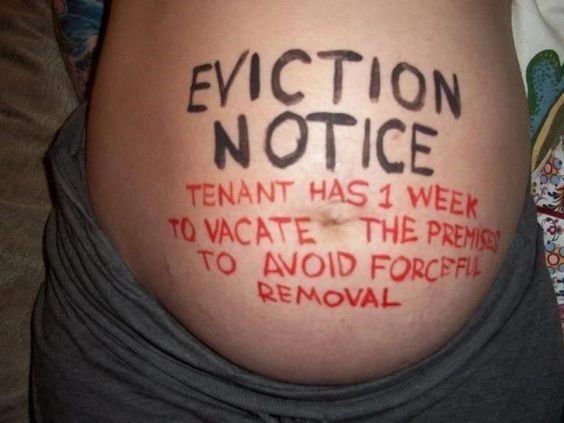
Small towns in the Upper North Island have seen an influx of new residents seeking affordable housing, and now Kaitangata in Clutha, South Otago has tried to get in on the act and attract people. The Kaitangata District Promotion’s offer of house and land packages for $220,000 has been such a successful marketing campaign that overseas media, including the BBC, have picked up on it. Although moving to such a far-flung part of the country may not be for everyone, Infometrics’ analysis does show there are jobs to be had, with Clutha District’s unemployment rate having averaged a mere 3.1% over the past year. The local mayor summed up Clutha’s proposition well:
"When I was unemployed and had a family to feed, Clutha gave me a chance, and now we want to offer that opportunity to other Kiwi families who might be struggling," Clutha mayor Bryan Cadogen told The Guardian.
"We have got youth unemployment down to two. Not 2% - just two unemployed young people.”
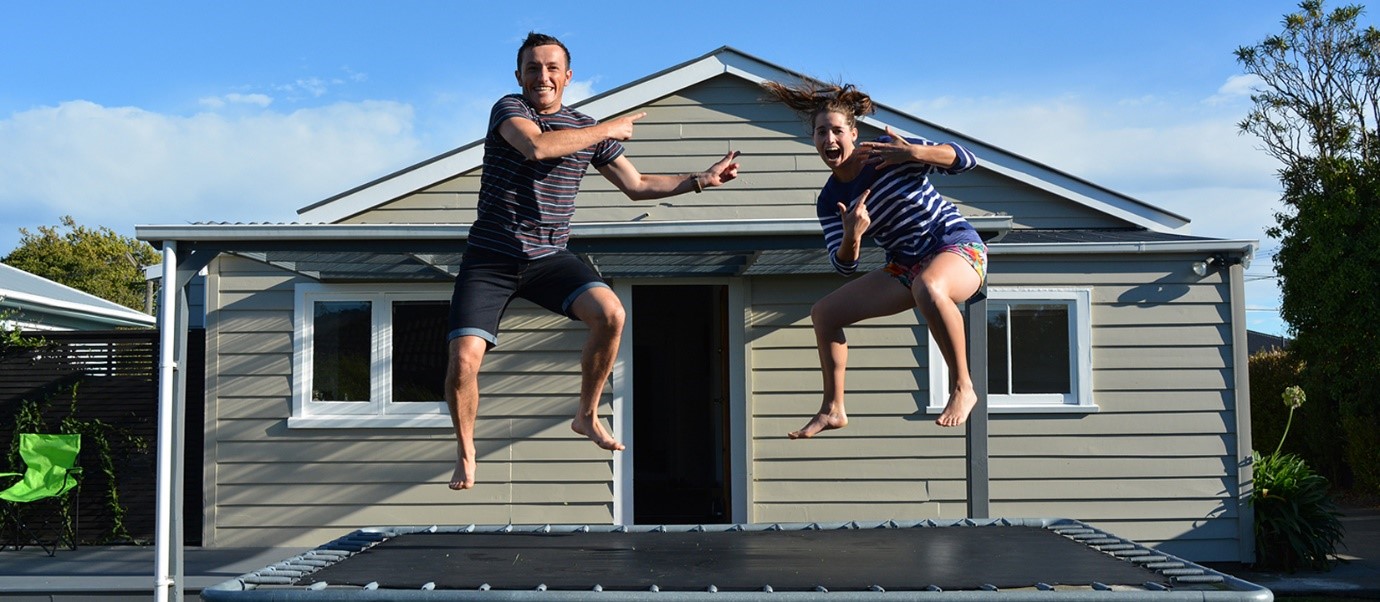
7) Local government amalgamation is on the radar for the West Coast
The spotlight remains on local government amalgamation in some parts of the country. Although recent campaigns in Wellington Region and Hawke’s Bay failed to get off the ground, a formal consultation process regarding the future shape of West Coast councils has just been completed, with findings published next month. The timing of this process will make for a challenging campaign period for local government aspirants on the Coast, with candidates needing to carefully navigate the potential pros of efficiencies from merging councils, against the risks that local issues get hidden when the focus is on larger geographical areas.
“Mrs Keenan, who started the whole process, said today she was happy with how it was going.
She said she wanted to emphasise to people that the option of one West Coast council was at the "top end of the scale".
"There are lots of variances for better collaboration. We can do better, that's for sure."
Currently the West Coast has four councils serving just 33,000 people.”
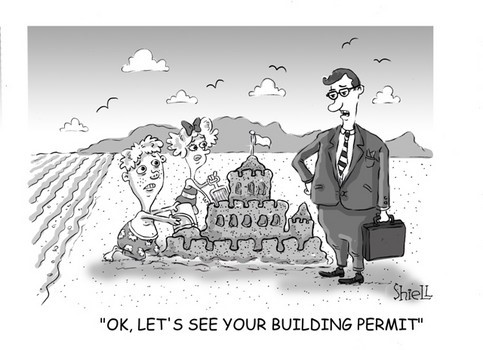
8) Decentralisation of central government into the regions
Labour Party leader Andrew Little has continued to suggest that, if Labour comes to power, the Party will focus on moving some central government jobs into the regions. The idea being that technological progress means some roles can efficiently be handled in regional settings, with the local economies benefiting from the additional civil service salaries in their area. In principal, the policy has some merits and could be cost neutral (or better) for the government’s books over the longer-term given the lower costs of office space in regions.
“We spoke about the centralisation of government services under this government,’’ said Mr Little. “‘I have a view that not every government job has to be in Wellington.’’
The nature of technology meant civil service jobs could be moved from Wellington. There was a time when many regional offices were based around the country. Mr Little said that although Kiwibank was not a government department, it provided an example of such a policy when the bank moved its call centre, and 100 jobs, to Hastings.
“There might be a bottom line cost in moving out of Wellington but the real value is what it does to regional economies. Fifty or 100 civil service salaries could make a big difference in a place like Gisborne.’’
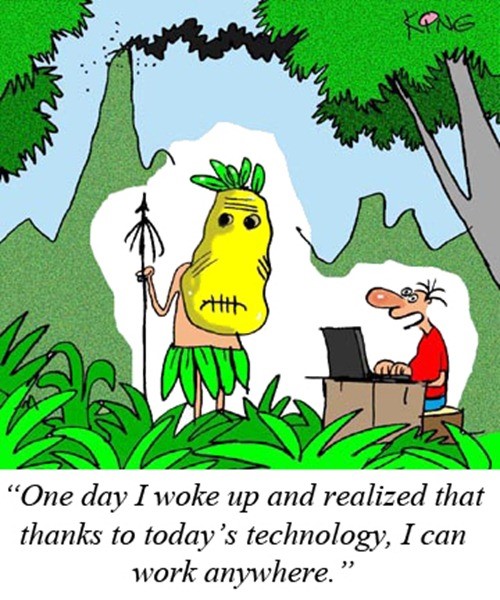
9) We need more satire in the political process
New Zealand has a history of bringing satire into the political process. Last general election we had the Civilian Party, the one before that we had the Bill and Ben Party, and through the 80s and 90s, the McGillicuddy Serious Party participated in both general and local body elections. I fear that electioneering around the country these local body elections might be a little more mundane this time around. The only real satire will probably come from Invercargill’s incumbent mayor Tim Shadbolt, who for a long time was convinced (and probably still is) that a bunch of pigs he rescued and keeps in his back yard will lead to a cure for Parkinson’s Disease and diabetes. Here are some old favourite policies from McGillicuddy Serious:
“Sending out intelligence agents around the world to wipe New Zealand off published maps, thus ensuring that no-one could invade the country.
The abolition of money, replacing it with chocolate fish or with sand.
Abandoning male suffrage: New Zealand, the first nation to achieve women's suffrage (in 1893), made a big deal of the centenary of this at the time of the 1993 election.
Full employment by carpeting the national highways: this would also save wear and tear on tyres.”
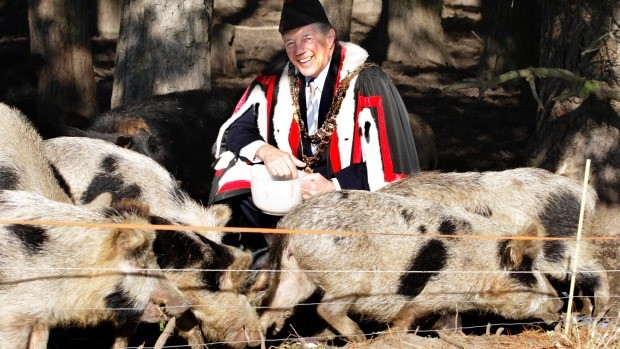
10) But be careful, sometimes satire can become real
What sounds like a good idea at the time, can quickly become a reality you hadn’t expected. That is what happened for German satire party “Die Partei” when it won two seats in the European Parliament off a campaign platform promising to give Germans extra sleep, invade Liechtenstein, and modify a cucumber-curvature law into one that applies to weapons.
“SATIRE cannot have any consequences,” argued Martin Sonneborn in his masters thesis in 1994. Almost by accident, he has proved himself wrong. Die Partei (“The Party”), the elaborate joke of a party he heads, won 0.62% of the German vote in the elections for the European Parliament in May. That was enough for Mr Sonneborn to win a seat (actually, two seats: the legislature meets in Brussels and Strasbourg).”

“Hands away from German tits! NO to the EU-breast-standard!”
3 Comments
#8, 9 & 10; Bring back MCGuillicuddy Serious, dis-inventing the wheel might have interesting consequences today as other technology replaces it.
The trouble with councils is that they only want to work in offices. They have no desire to do any physical work. Not only that they are keen to expand the none work positions in Council.
Go round and collect peoples rubbish - Stuff that we dont want to get our hands dirty. Why should we work? Get a contractor to do it
Go round and clean the city - Stuff that we dont want to get our hands dirty. Why should we work? Get a contractor to do it
What we do need is
More office spaces
More office jobs
More computers
More executives
More reports
More meetings
Blah blah blah
That is also the culture in every corporation I have seem. People want to have meetings and be involved in governance and strategy workshops, raise the profile of their personal brand, and hopefully 'get a seat at the top table' but focusing on the actual work of whatever the business is, is predictably seen as lacking ambition and vision. Seems more of a general cultural shift away from the values of the last generation to ones more focused on the appearance of success than anything else.

We welcome your comments below. If you are not already registered, please register to comment
Remember we welcome robust, respectful and insightful debate. We don't welcome abusive or defamatory comments and will de-register those repeatedly making such comments. Our current comment policy is here.